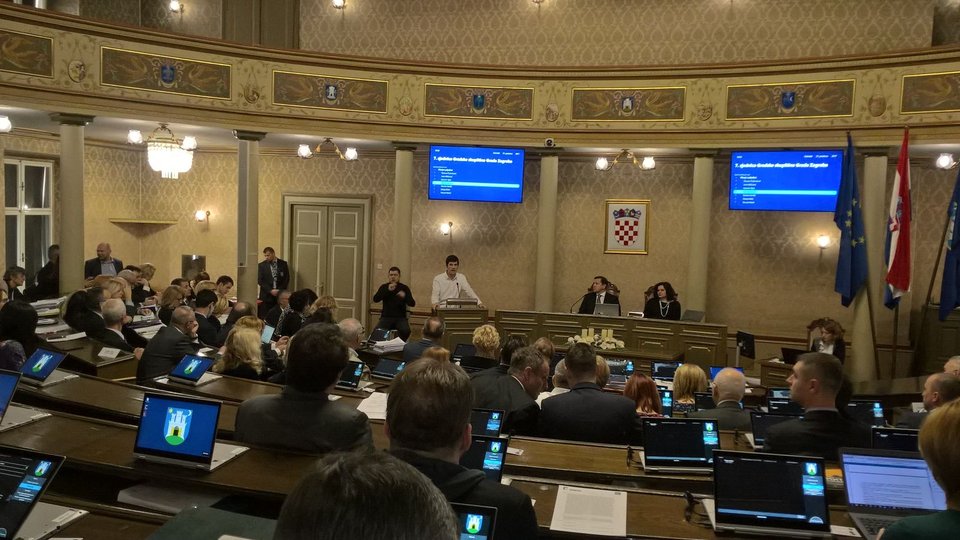Written by: Damir Pilić, Slobodna Dalmacija, 6. 12. 2014.
Translated from Croatian by: Adnan D. Junuzović
Edited by: Andrew Hodges
Alexis Tsipras is a forty year old engineer. He was born in 1974 in Athens, four days after the perennial right-wing military junta collapsed. His country subsequently fell into a typical two-party system in which power shuttled back and forth between socialists and conservatives with both parties embracing neoliberal capitalism equally. Greece is currently one of the three most endangered countries in the European Union with extreme levels of unemployment , especially among young people.
Professor Pablo Iglesias is 36 years old. He was born in 1978 in Madrid, three years after the dictator Francisco Franco died along with his fascist regime that spanned several decades. Following this event, his country also dropped into a typical two-party system with power swinging back and forth between conservatives and socialists with both parties embracing neoliberal capitalism equally. Today, Spain is one of the three most endangered countries in the European Union with extreme levels of unemployment, especially among young people.
Professor Mate Kapović is 33 years old. He was born in 1981 in Zagreb, one year after the communist leader Josip Broz Tito died. He spent his first decade living in an authoritarian communist regime, and his second decade living in an authoritarian nationalist regime after which (from the year 2000) his country fell into a typical two-party system in which power shifted back and forth between the SDP (The Social Democratic Party) and HDZ (The Croatian Democratic Union) with both parties embracing neoliberal capitalism equally. Today, Croatia is one of the three most endangered countries in the European Union with extreme levels of unemployment , especially among young people.
The New Landscape of Europe
All three of the abovementioned individuals are highly educated, young intellectuals residing in the most endangered countries of the European Union host to extreme unemployment (among young people especially). Yet what is it that actually connects Tsipras, Iglesias and Kapović?
They are connected through their left-wing political engagements. Tsipras is the leader of the Greek party "SYRIZA", Iglesias is the leader of the Spanish "Podemos" while Kapović is one of the leaders of the newly-founded Croatian party "Radnička fronta" (Workers' Front). All three parties have political programs with clear stances related to strengthening workers" rights and creating a more just society whilst simultaneously opposing current European Union savings policies that favour strong capital and which are destroying the lives of millions of European workers and all other people that live exclusively from their work.
What is the difference between these three left-wing activists? At this moment, they are differentiated in terms of the levels of political power they currently have. While Tsipras and Iglesias are already established as stars of the European left and possess strong support from Greek and Spanish nationals ("SYRIZA" and "Podemos" are currently the most popular political parties in their respective countries), Kapović and his party "Workers" Front" are just setting off on their journey in that direction. Let us examine public opinion research results concerning these organisations.
According to a poll conducted in September by the Greek organisation MRB Hellas, thirty percent of Greeks support "SYRIZA" – five percent more than is the case with the ruling New Democracy party led by the country"s conservative Prime Minister Antonis Samaras. According to this week"s poll by the most popular Spanish daily journal "El-Pais", "Podemos" currently has the support of 28 percent of Spaniards - two percent more than the socialist opposition and seven percent more than the ruling "People"s Party" led by the conservative Prime Minister Mariano Rajoy. If elections took place today in these two countries, Alexis Tsipras would become the leader in Greece while Pablo Iglesias would have the same position in Spain. Needless to say, this would transform the political landscape of modern Europe.
Social Democratic Treason
"Radnička fronta" has not yet been subject to Croatian public opinion polls because the organisation is yet to be constituted as an actual political party. According to an interview given to the portal "Index.hr" by Mate Kapović and his associates Dimitrije Birač (an economist) and Denis Geto (a trade unionist), this will happen soon.
Many people will immediately assert that the "Workers" Front", as any other new political initiative, does not stand a chance in the Croatian political scene, thoroughly contaminated, they would argue, with "dinosaurs" that continuously occupy positions of authority. These people should be encouraged and warned that both "SYRIZA" and "Podemos" first appeared recently: "SYRIZA" did not exist a few years ago while "Podemos" was founded eight months ago and in August had the support of merely ten percent of the population.
The social conditions in Greece and Spain that enabled the growth in popularity of "SYRIZA" and "Podemos" are very similar to current social conditions in Croatia – it is worth repeating this fact, albeit for the fifth time in this text, that these three countries are the most endangered in the European Union and they have extremely high rates of unemployment, especially among young people. Nominally leftist organisations in all three countries (socialists and social democrats) have abandoned and betrayed the ideas of the left (except in certain dimensions related to worldview) and have transformed themselves into the loyal servants of neoliberal capitalism. Besides, the rapid ascent of Mirela Holy and "ORaH" (The Party for the Sustainable Development of Croatia) shows that there is a vast vacuum in the Croatian left-wing political spectrum.
In short, we are speaking about a wider European trend. While the developed north-western European capitalist countries have reacted to the crisis with the rise of right-wing parties, people in southern Europe (most affected by the crisis) are leaning towards the left. The reason for this need not be mentioned (for the sixth time) again.


